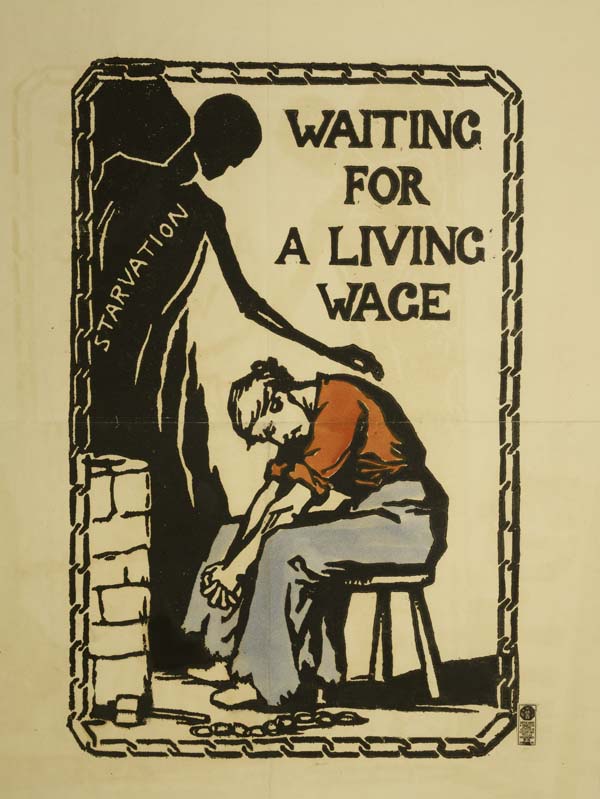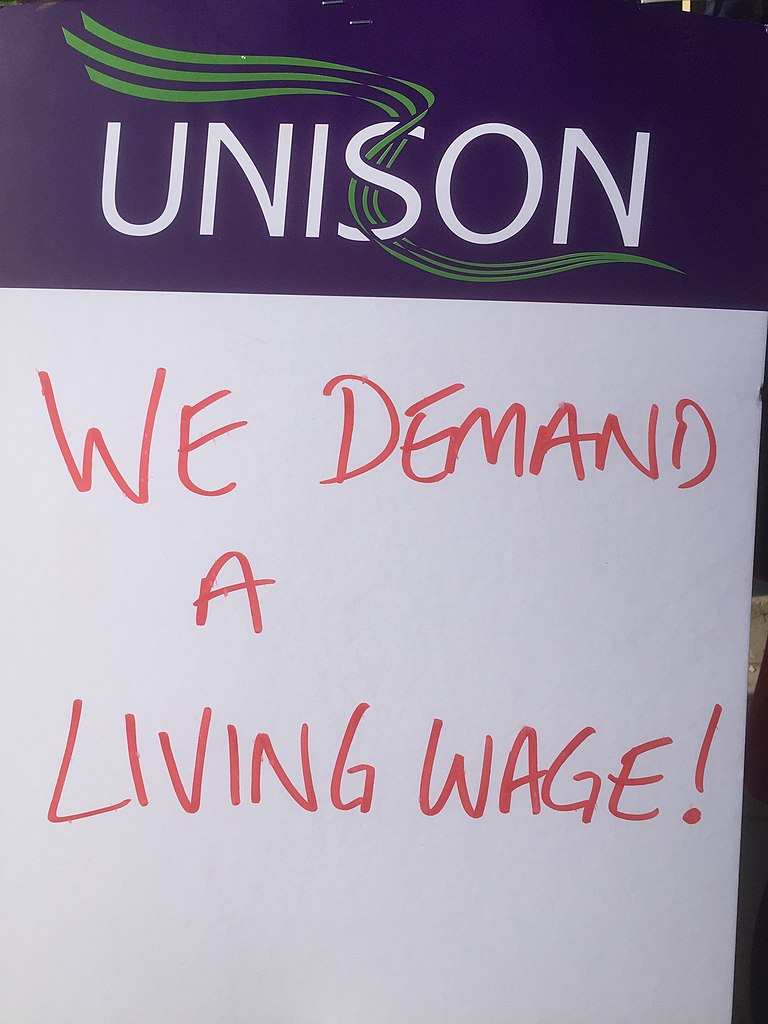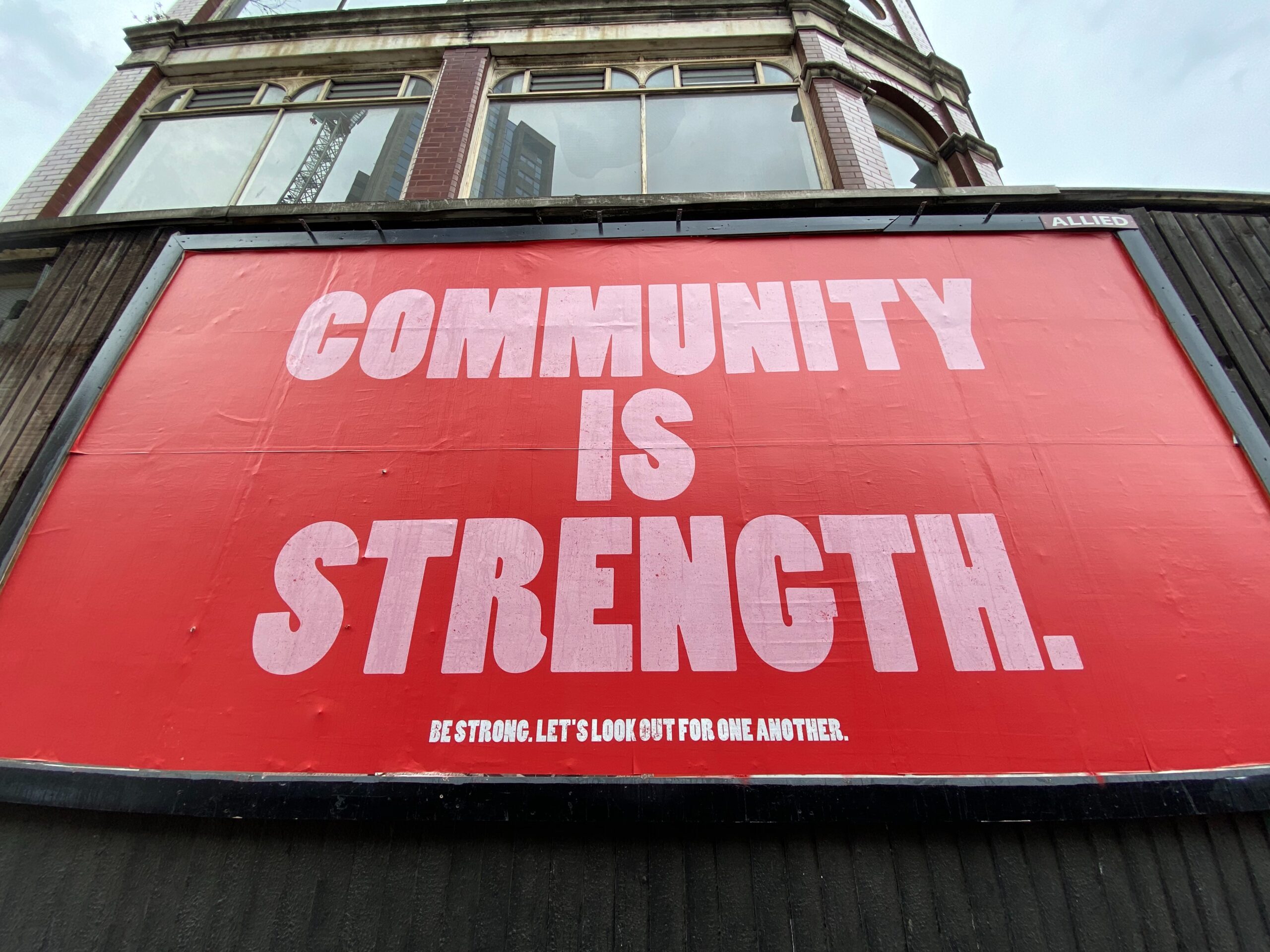By Noor Menhel and Hannah Menhel
Although most effects of the pandemic have dwindled, homelessness, an issue that has been around since before the pandemic, has only increased. Despite this, the data on homelessness in our city remains scarce.
Homelessness in Burlington may not be as large of a concern as in bigger cities, however, it still exists and affects many Burlingtonions. Homeless shelters all across Burlington and the entirety of Canada are overflowing and are unfortunately having to turn back people in need.
In our own city, there are tents being set up to house families and individuals who no longer have a home or place to go to. Just last year, Shifra Homes, a shelter for young pregnant women or mothers in Burlington, had a waitlist of over 60 pregnant and nursing women. A 2018 report noted that 271 individuals or heads of households were experiencing homelessness in Halton Region. A new report from the region on homelessness stated that in 2022, 319 individuals experienced homelessness for the first time, and 98 individuals returned to homelessness, for a total of 417 people. The report also said that only 401 individuals out of the 417 dealing with homelessness were able to move into permanent housing. Not only does this report display how the number of individuals facing homelessness has risen significantly since 2018, but it also notes that support costs have risen over the last four years and more provincial funding is needed.
According to Community Development Halton with regard to the 2018 statistics, in Halton alone, over half of the people experiencing homelessness stayed in transitional housing (38%) and shelters (27%). Close to half (47%, a total of 127 individuals) of these individuals without housing were recorded in Oakville and over one-quarter (28%, or 75 individuals) in Burlington. Now, it may seem that the most obvious root cause of homelessness in Canada is poverty, but there are many underlying and less obvious causes that will be discussed throughout this article.
For starters, domestic violence is one of the leading causes of homelessness. In most cases, women and children are the ones affected by this. According to a 2014 statistic from Statistics Canada, almost every night, 3491 women and 2724 children sleep in shelters because they are not safe at home. The newest report on homelessness in Canada states that “close to half (49%) of residential facilities for victims of abuse reported increases in the number of crisis calls received since the start of the pandemic, while more than half (53%) saw an increase in demand for support or services for victims outside their facilities. Compared to before the pandemic, demand for admissions more often declined or remained about the same” (Statistics Canada). The same report noted that the pandemic also greatly impacted the accommodation capacity of 61% of facilities, suggesting that the pandemic caused an increase in the number of people requiring help, as well as a decrease in the number of people who can be accommodated, thus forcing many to remain in unsafe homes or resort to living on the streets.
Another issue that leads to homelessness is housing affordability compared to income. According to Zolo.ca, in the last 30 days, the average cost of a home in Burlington was $1,055,707 and the average rent for a one-bedroom apartment in Burlington is $2,131 per month. There has been an increase by over 10% in the prices within a year, though the minimum wage has only increased by 3%. Correspondingly, according to Ontario Living Wages, the 2022 living wage in Halton was $23.15. In 2021, the living wage was $20.75. It’s important to note that these rates are based on the needs of a single adult if they work full-time for a full year. The living wage in Halton increased by 11.6% in the span of one year, and yet the minimum wage in Ontario only increased by 3%, and now sits at only $15.50 per hour, and even with the coming minimum wage hike to $16.55/hour by Oct. 1, 2023, there will still not be a match between minimum wage and a living wage. This is clearly another significant factor increasing the rate of homelessness in Halton.
Furthermore, mental health challenges can also lead to homelessness. The Canadian Mental Health Association (CMHA) has found that 40% of Canadians have experienced a decline in their mental health since the start of the pandemic. Though many feel that the pandemic is behind them and their mental health has improved, there are people who continue to struggle to recover from or manage mental health challenges or move forward both physically and emotionally, and there are those who cannot access the necessary treatment, making it challenging to be able to work and earn enough to maintain a home.
What’s more is that many people were laid off during the pandemic due to decreases in capacity and businesses closing down. Even though employment has since recovered, the repercussions from the decreased income during the pandemic continue to negatively impact citizens, especially during these times of inflation.
It is important to note that anyone could find themselves homeless. It does not take a pandemic to be unable to pay one’s bills. From accidents that result in an inability to work to emergencies costing too much to handle, anyone may face some event that could result in homelessness. Even those who have money saved up for emergencies or who have people to rely on can end up in situations where safety nets aren’t powerful enough to prevent their fall into poverty or homelessness.
The causes covered in this article are only a few of the most common in Halton, as unfortunately, homelessness is without a single true cause. It can be caused by multitudes of reasons ranging from low income to being kicked out of family homes. Due to the system we live in, individuals and families can all too easily be left in vulnerable positions with little to no support and/or a lack of knowledge of the available community support.
If you are interested in reading more about the support available in our community and how to help, be on the lookout for our upcoming article.
Sources:
Canadian Mental Health Association. 2022. 1 in 4 Ontarians access mental health help — the highest rate during the pandemic. Url: https://ontario.cmha.ca/news/1-in-4-ontarians-access-mental-health-help-the-highest-rate-during-the-pandemic/ (accessed May 14, 2023).
Canadian Mental Health Association. 2021. How are we feeling? Canadians are worried, bored, stressed, lonely and sad. Url: https://cmha.ca/news/how-are-we-feeling-canadians-are-worried-bored-stressed-lonely-and-sad/ (accessed May 14, 2023).
Canadian Mental Health Association. 2021. When it comes to mental health, no more than ever, every action counts. Url: https://cmha.ca/news/when-it-comes-to-mental-health-now-more-than-ever-every-action-counts/ (accessed May 14, 2023).
Community Development Halton. 2021. Calculating a living wage. Url: https://cdhalton.ca/2021/11/01/calculating-a-living-wage-for-halton-2021-update/ (accessed May 14, 2023).
Community Development Halton. July 2019. Community Lens Bulletin #161. Url: https://cdhalton.ca/wp-content/uploads/2019/10/cl161-Homelessness-in-Halton-revised.pdf (accessed May 14, 2023).
Frketich, J. 2022. Bedsores, broken rib, pneumonia, C. difficile: Experts say dramatic decline of Joseph Brant patient is a symptom of a crisis in health care. Hamilton Spectator. Url: https://www.thespec.com/news/hamilton-region/2022/06/29/burlington-joseph-brant-hospital-dementia-ken-oleary.html (accessed May 14, 2023).
Halton Region. 2023. Halton Region’s coordinated access — 2022 dashboard. Attachment #2 to SS-03-23, Allocation of Homelessness Prevention Program Funding in 2023–2024 and Homelessness Prevention Initiatives Updates.
Homeless Hub. n.d. Halton. Url: https://www.homelesshub.ca/community-profile/halton (accessed May 14, 2023).
Kalajdzieva, M. 2022. Homelessness in Canada: what’s going on? Reviewlution. Url: reviewlution.ca (accessed May 14, 2023).
Peesker, S. Feb. 27, 2019. Not just a “big city” problem: Homeless Burlington residents feel invisible. Hamilton Spectator. Url: https://www.thespec.com/news/hamilton-region/2019/02/27/not-just-a-big-city-problem-homeless-burlington-residents-feel-invisible.html (accessed May 14, 2023).
Pickthorne, C. 2023. Living Wage Week 2022. Ontario Living Wage Network. Url: https://www.ontariolivingwage.ca/living_wage_week_2022 (accessed May 14, 2023).
Summit Housing. 2022. Annual report 2021–2022. Url: https://summithousing.ca/wp-content/uploads/2022/10/SHOP_annualReport_2021_final_web.pdf (accessed May 14, 2023).





